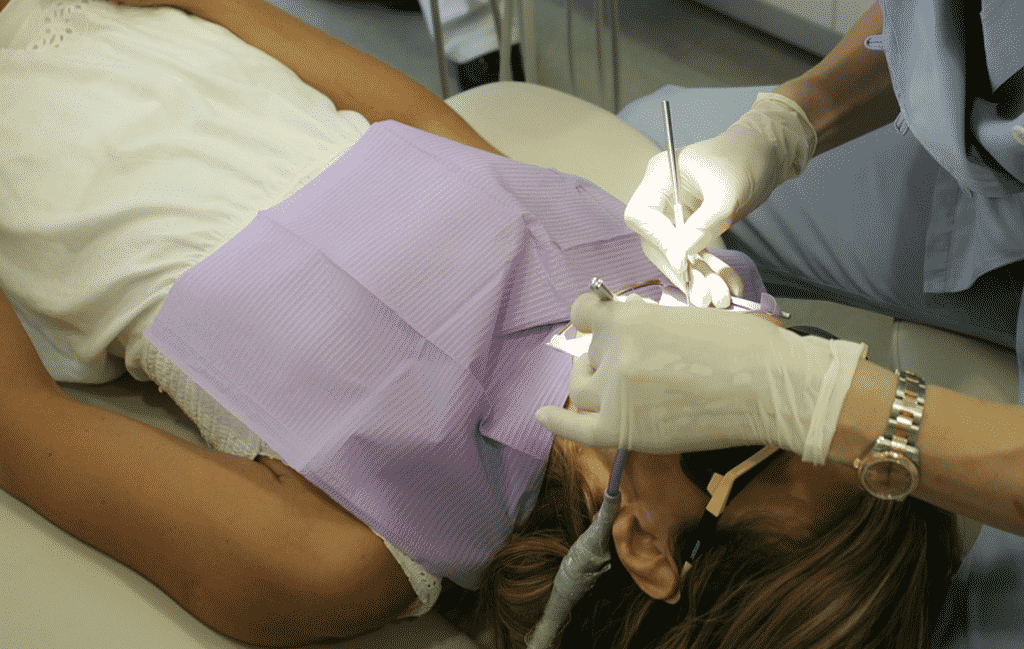Did you know that 20-25% of the human population is born with anywhere between 1 – 3 wisdom teeth? Another 35% of the population, meanwhile, would be born with no wisdom teeth at all.
While Google and articles like this one can give you a rough idea of whether or not you’ll need to remove your wisdom teeth, it’s still much more reliable to book an appointment with your dentist to clear your doubts.
Discuss your concerns with qualified dental professionals such as Rio Rancho Smiles. You can visit their website at https://rioranchosmiles.com/ to schedule an appointment with them.
Pain in Your Gums
If you’re feeling pain towards the back of your mouth, then you’re most probably feeling the pain of your wisdom teeth growing or impacting your other teeth.
This pain may be persistent for some and sporadic for others. Whichever amount and frequency of pain you may have felt, this type of pain is often the first telling sign that you’ll need to remove a problematic wisdom tooth.
Tender or Swollen Gums
The feeling of swollen gums is unmistakable. You may feel a new, unfamiliar bump at the back of your mouth.
You may also feel some slight irritation or pain while brushing your teeth, especially around the area where your gums feel swollen.
If your gum tissue has grown over your emerging wisdom tooth, the tissues may trap some food particles and dirt underneath it.
These trapped food particles are tough to remove even by brushing your teeth, so you may find your gums getting inflamed and infected if not checked quickly.
Headaches
When you ignore a toothache, you’ll usually suffer from a headache soon afterward. Unfortunately, you can also expect the same to happen with your wisdom tooth growth.
So, if you’re suddenly experiencing more headaches or pain than before, this could be a sign that you need to pay attention to your wisdom teeth.
Jaw Stiffness
When wisdom teeth emerge, they may be pushed up the wrong way and change the way your teeth bite together.
This gradual change as your wisdom teeth emerge more would result in jaw stiffness or pain. You may find it difficult to open or close your mouth.
If you’re feeling jaw stiffness concurrently with what you suspect to be wisdom teeth growth, then you’ll need to book an appointment with your dentist as soon as you can.
When left untreated, jaw stiffness could cause an array of other serious issues, which would be much more costly to fix as well.
Crooked Teeth
You can only fit so many teeth in your mouth. As your wisdom teeth grow from your gums, there may not be enough space in your mouth to accommodate them.
An overcrowded mouth would cause the teeth to push into each other, leading to them becoming crooked over time.
If you can already feel wisdom teeth growing, you should visit a dentist. By visiting a dentist early, your dentist will be able to capture an x-ray of your teeth and predict if they would overcrowd and become crooked.
If you leave your teeth to grow crooked, you’ll have to get some braces done to straighten them again, so don’t wait.
Bad Breath
Did anyone start complaining about your bad breath recently? Thanks to your growing wisdom tooth, the trapped food particles at the back of your mouth are now more challenging to get rid of.
Sudden occurrence of bad breath could worsen if you do not extract the wisdom tooth soon, especially if the particular tooth is not going to grow out any further.
If your growing wisdom tooth indeed caused your bad breath, then the problem would also resolve itself after the tooth is extracted.
Swollen Lymph Nodes in the Neck
Suppose you’re already exhibiting several signs above, such as swollen, bleeding gums, and stiff jaws.
In that case, likely, the inflammation around your wisdom tooth has also caused some reactions in your immune system.
You may feel a small to medium-sized, slightly red, warm bump around your neck. This bump would be your swollen lymph nodes, where your white blood cells are gathered to fight off the infections.
The swelling may go away on its own as your immune system works but could return from time to time if you do not resolve the root of the problem, which in this case would be your wisdom teeth growth.

